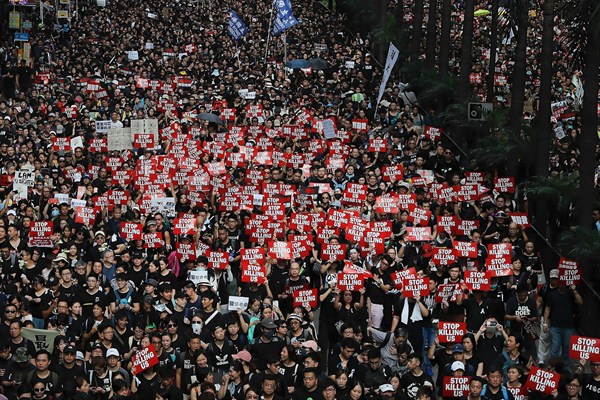In the first decades after the commencement of China’s economic reforms and “opening up,” which began at the end of the 1970s, one question loomed in the minds of Western heads of state and many professional China watchers: How long would it take, as capitalist production and consumerism took hold, for Western forms of law and government to follow?
By the time the Soviet Union was dissolved, in 1991, this kind of evolution came to be seen as inevitable, and with the invention and near-universal adoption of the internet, a robust vehicle to help catalyze change in China seemed at hand. For most, the outcome was never in question. It was simply a matter of time. So much so that as President Bill Clinton was helping usher China into the World Trade Organization, which it joined in 2001, he all but gloated about the inevitability of liberalizing change that access to information would bring to Chinese society. Good luck in trying to control the internet, he chuckled. “That’s sort of like trying to nail Jell-O to the wall.”
From the very outset of their historic moves to become a socialist market economy, though, the late Chinese leader Deng Xiaoping and senior Communist Party apparatchiks were fully on guard against political liberalization. Deng famously used a folksy aphorism about the inevitability of a few unwanted flies entering the home when China opened its windows to the things it valued from the West: investment, technology, modern management skills and the higher education that underpinned them all. At the same time, unpublicized, but hardly a secret, the Communist Party maintained an ongoing internal discourse about the dire necessity of avoiding what it called “socialization” into the liberal values of the West.

